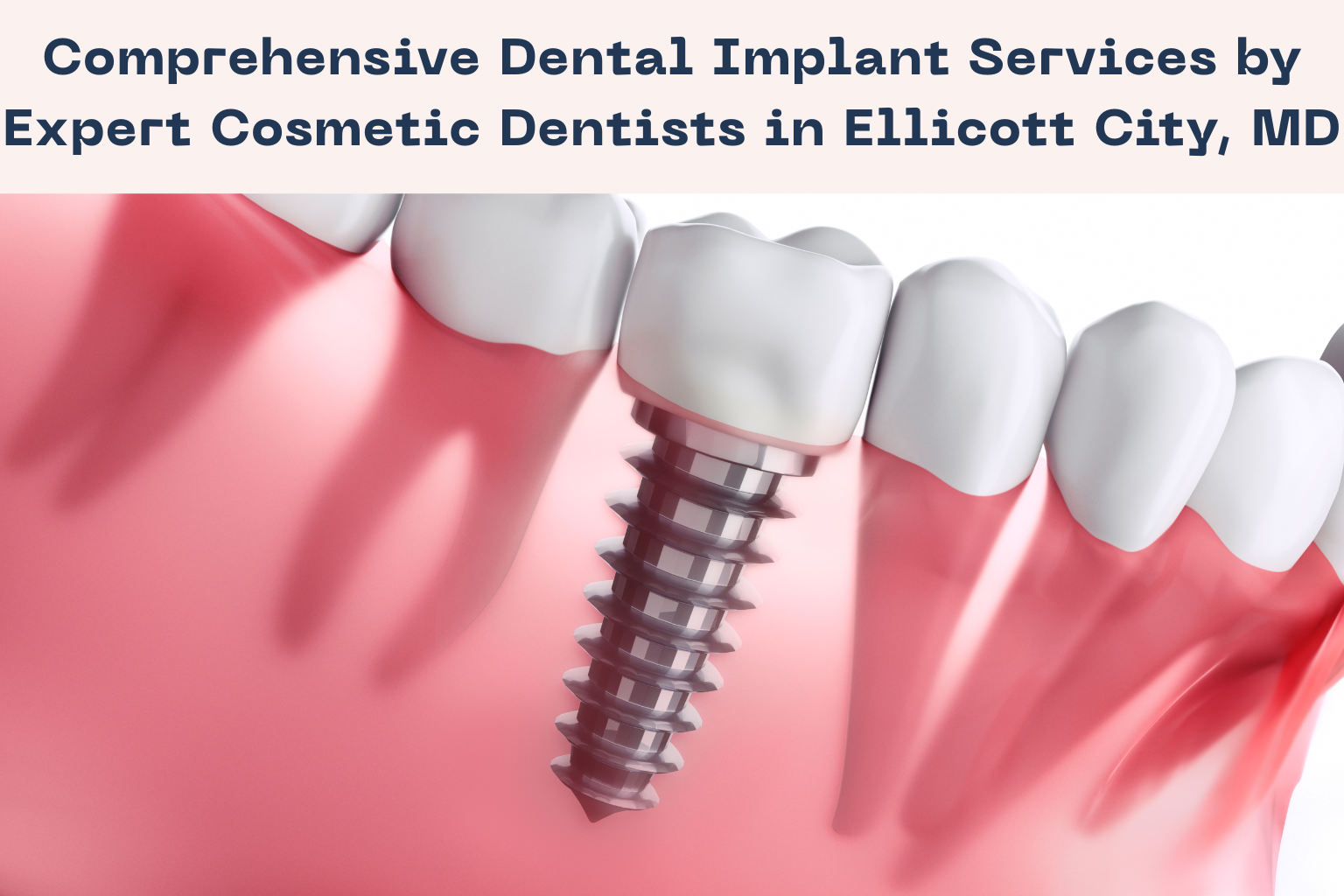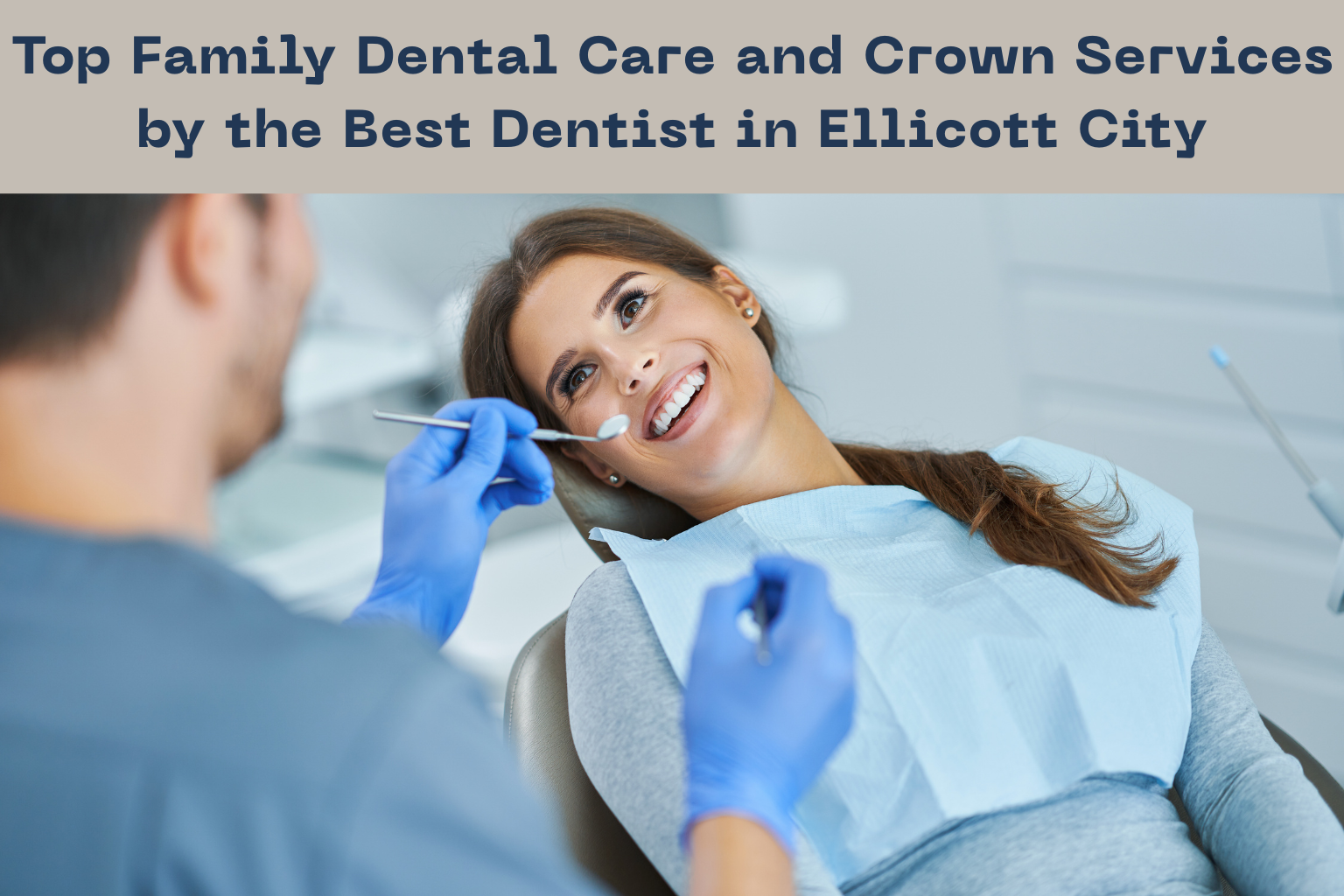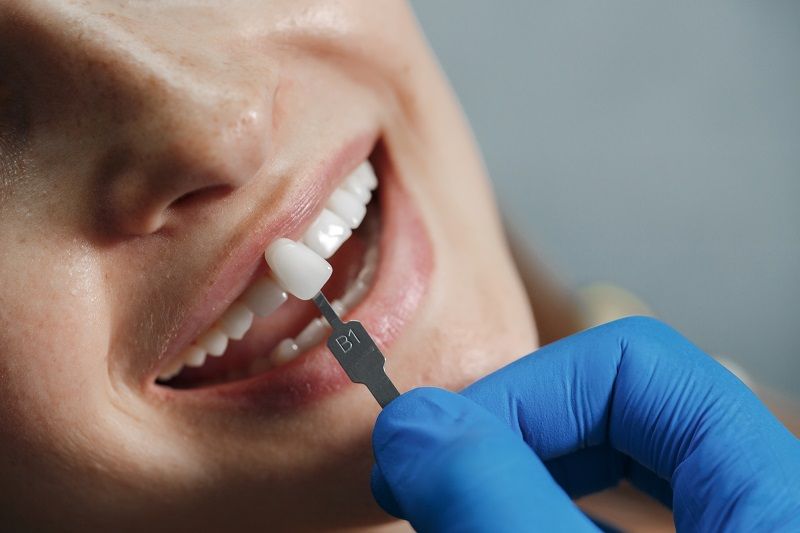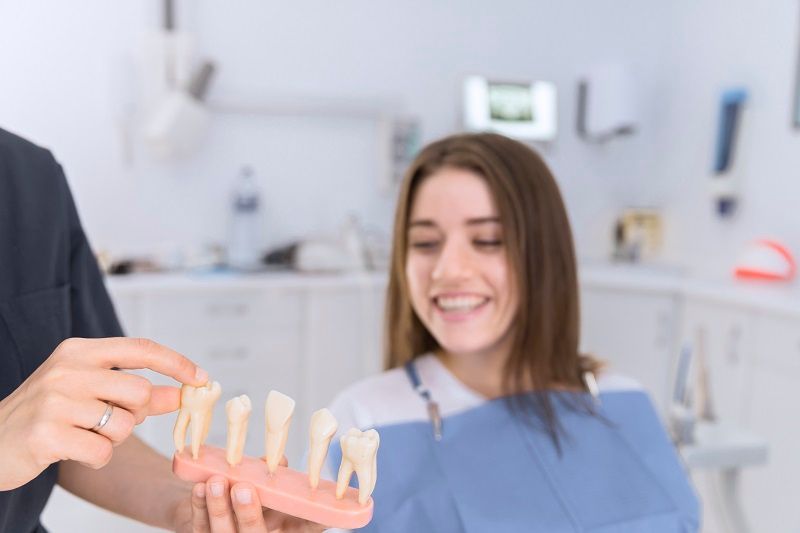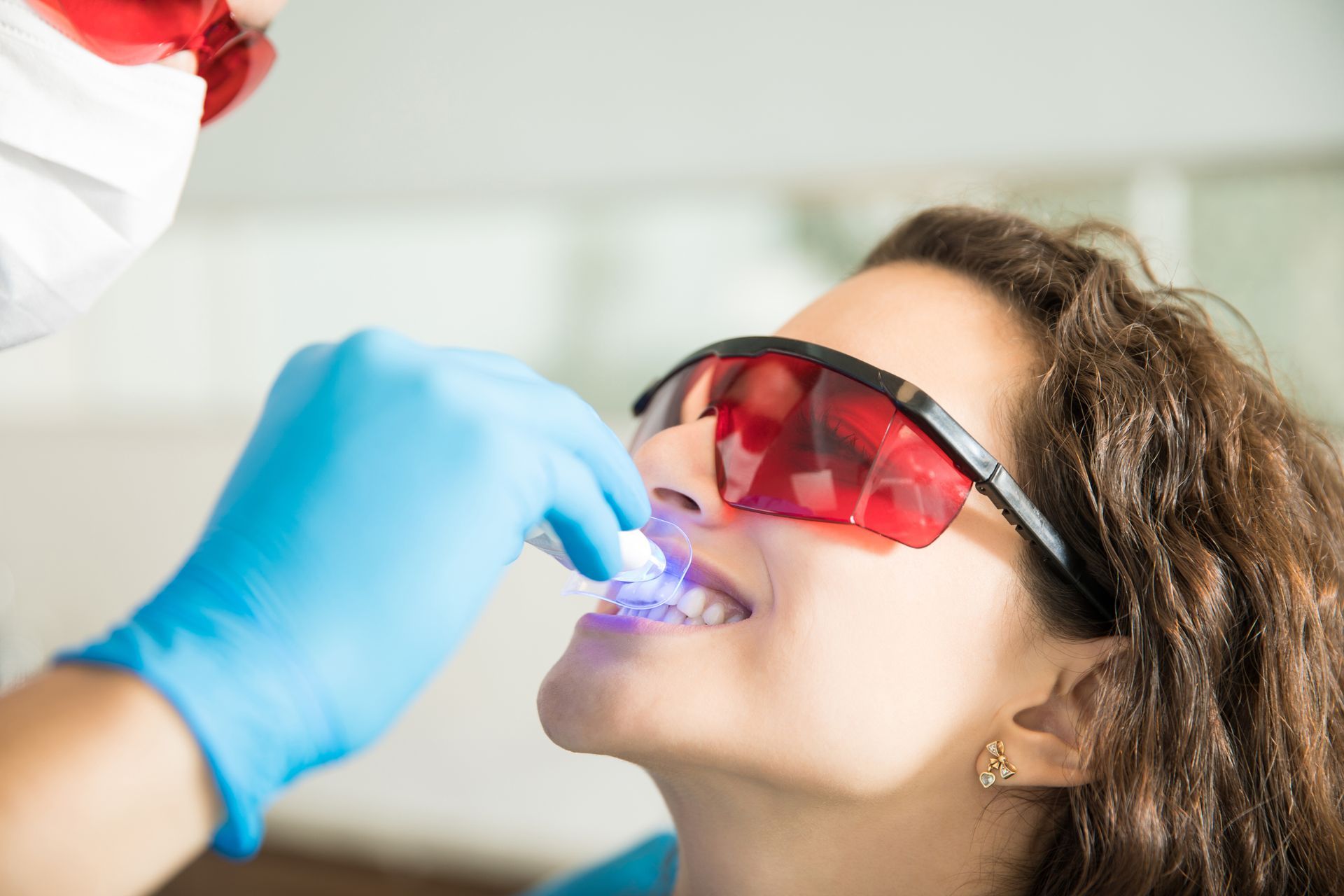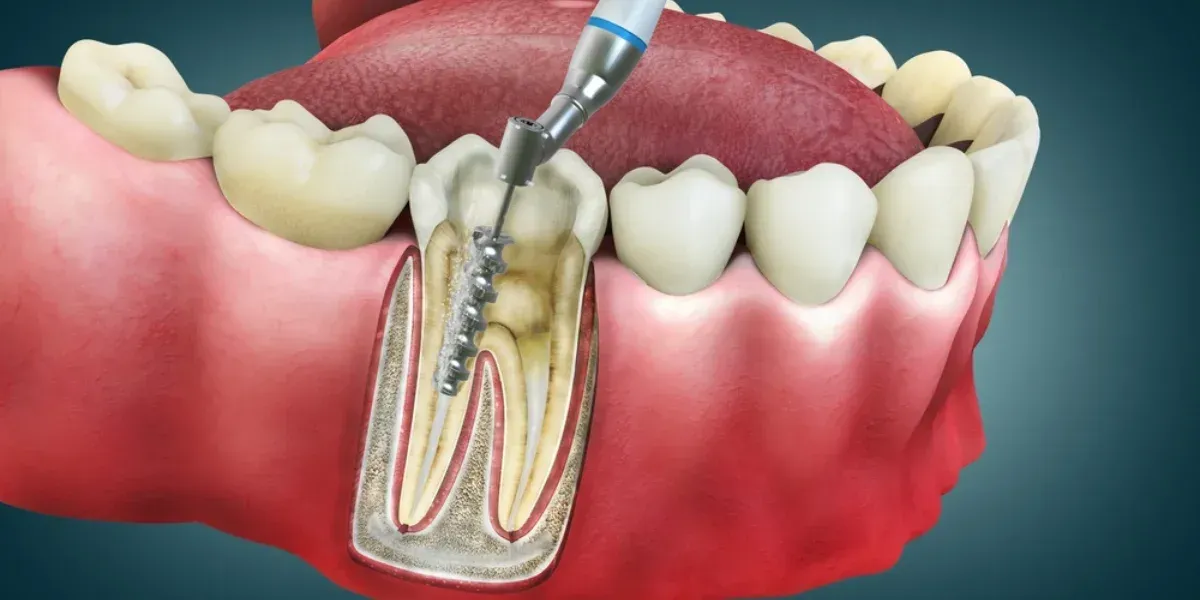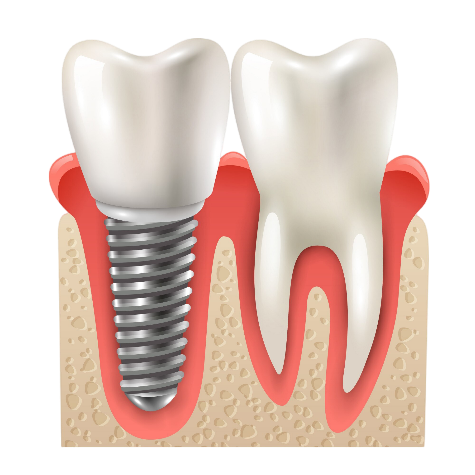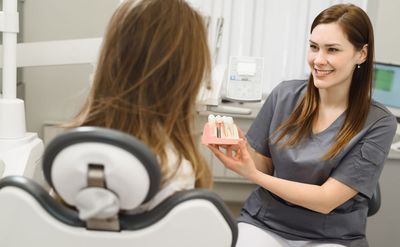Stress and Oral Health: Tips to Prevent Teeth Grinding and Jaw Pain
In today's fast-paced world, stress has become a common part of life. Unfortunately, stress can manifest in many ways, one of which is through its impact on your oral health. Teeth grinding (also known as bruxism) and jaw pain are two prevalent issues linked to stress. Understanding the connection and adopting preventive measures can protect your smile and overall well-being.

How Stress Affects Oral Health
Stress triggers physical responses in the body, and the oral cavity is no exception. Bruxism, often caused by stress or anxiety, involves the involuntary grinding or clenching of teeth. Over time, this can lead to:
- Worn-down enamel
- Increased tooth sensitivity
- Jaw pain or temporomandibular joint (TMJ) disorders
- Headaches or earaches
- Cracked or chipped teeth
The strain on your jaw muscles and joints can also disrupt daily activities, such as eating or speaking comfortably. Left untreated, these issues may escalate, affecting your oral and general health.
Tips to Prevent Teeth Grinding and Jaw Pain
While managing stress can seem challenging, incorporating these tips into your routine can help prevent its negative impact on your oral health:
- Practice Stress Management Techniques
Relaxation exercises such as deep breathing, yoga, and meditation can reduce stress levels and help you feel more centered. - Invest in a Night Guard
If you grind your teeth while sleeping, your dentist may recommend a custom-made night guard. This device acts as a barrier, protecting your teeth from damage. - Maintain Proper Posture
Poor posture can exacerbate jaw tension. Ensure your workstation is ergonomically designed to support your neck and shoulders. - Avoid Chewing on Non-Food Items
Chewing on pens, pencils, or fingernails can strain your jaw muscles. Stick to eating only food and break habits that put additional pressure on your teeth. - Limit Stimulants and Alcohol
Excessive caffeine or alcohol consumption can heighten bruxism. Consider reducing your intake, especially in the evening, to promote relaxation. - Regular Dental Check-Ups
Routine visits to your dentist can help identify and address signs of teeth grinding early, preventing further complications. - Massage and Heat Therapy
Massaging the jaw muscles or applying a warm compress can alleviate tension and improve circulation.
When to See a Dentist
If you experience persistent jaw pain, frequent headaches, or notice wear on your teeth, consult your dentist promptly. They can diagnose the issue and recommend treatments tailored to your needs, such as bite adjustments, physical therapy, or more specialized interventions.
Prioritize Your Oral Health
Stress is inevitable, but its impact on your oral health doesn’t have to be. By recognizing the signs of bruxism and taking proactive steps to manage stress, you can safeguard your smile and maintain a pain-free lifestyle. Remember, your oral health is a reflection of your overall well-being. Take care of it, and it will take care of you.
If you're experiencing jaw pain or suspect teeth grinding, schedule an appointment at Ellicott City Dentistry today. Our team is dedicated to helping you achieve optimal oral health and comfort.
